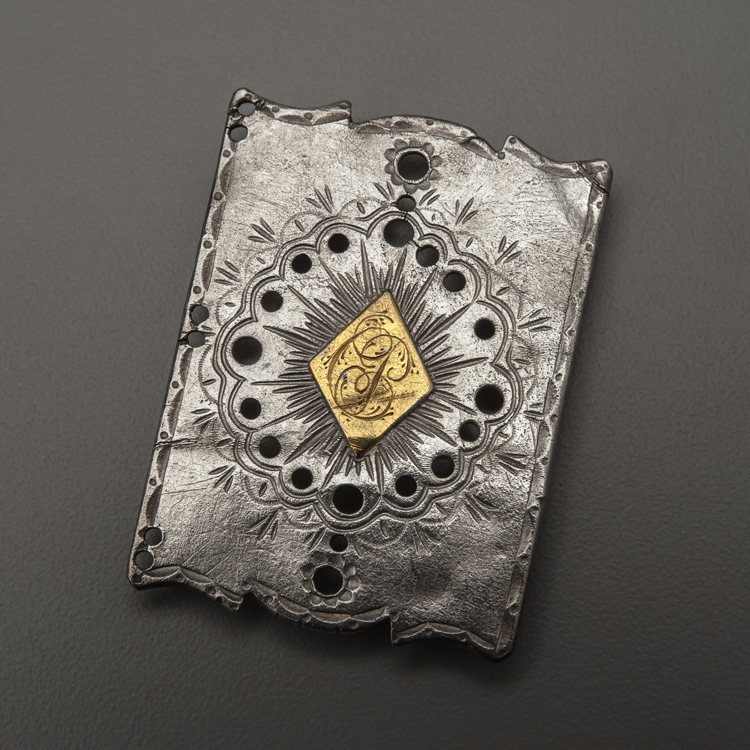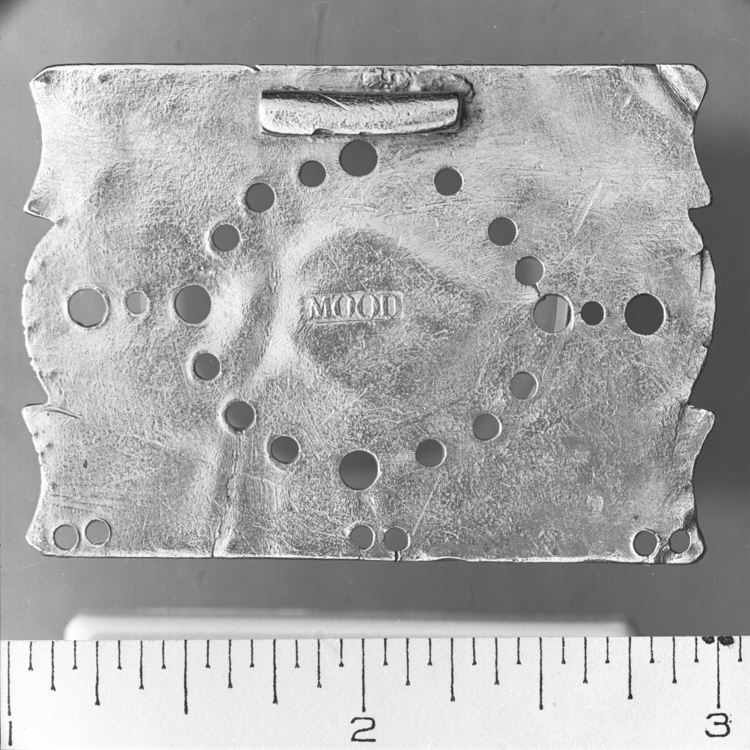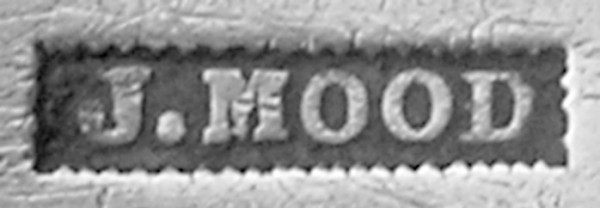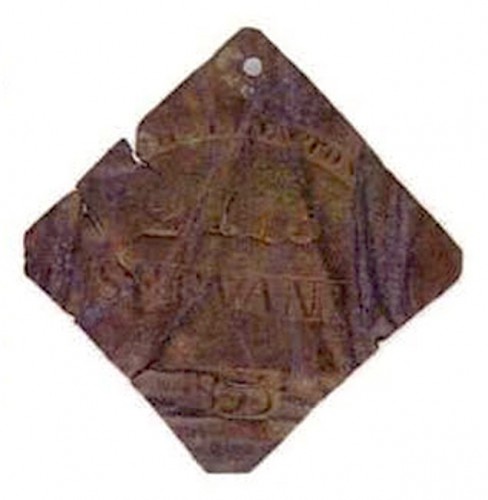Reverend John Mood has not gotten the recognition he deserves for his life in Charleston from 1792 through 1864 and here is why that should change. Mood worked from 1805 to 1861 as a Methodist Minister, partner and silversmith alongside his father in Charleston, South Carolina. His burial site is Bethel United Methodist Church Cemetery.
 |
| John Mood (Geni.com) |
 |
| Mood's ledger stone (FindAGrave.com) |
John Mood is the father of 9 Children and the husband of Catherine Amelia Mood, who he married on May 23, 1815 in Charleston. Mood joined the Methodist church as a young man in the first city to "establish a Sabbath school for the negro" (Find a Grave), Charleston.
 |
| Neck Stock Buckle (Mesda.org) |
Creations from the Mood family's silversmith line can be found in the Museum of Early Southern Decorative Arts in Winston-Salem, North Carolina. This piece is made out of silver and gold and was made in between 1785 (by Peter Mood Sr.) and 1810. A neck stock buckle was used in the eighteenth century as an important piece of male jewelry to hold a cravat in place.
Peter Mood Sr. lived from 1766 until 1821 and came from a long line of German silversmiths. Peter's father, John Peter Mood, lived in Philadelphia in 1750 and died during the Revolutionary War. After his father's passing, Peter Mood Sr. relocated to Charleston, South Carolina around 1785 to set up his silversmith shop on the famous King Street and joined the German Friendly Society.
 |
| Mood family stamp (Mesda.org) |
When his son, Reverend John Mood joined his company, the store name changed to "Mood & Son". Later called "Mood & Sons" as John's younger brothers were born and joined the firm as well.
 |
| Gravy Boat (atlantasilver.com) |
 |
| John Mood's mark (green-wood.com) |
In 1835, John and his brother, Peter Mood Jr., worked together under contract to make all of the slave badges in Charleston. Slave badges were unique to Charleston and slaves had to carry these copper or tin badges at all times, threatening jail time without this badge.
 |
| Slave badge by Mood Brothers (green-wood.com) |
The Mood family business was looted and Peter Mood Jr. left John behind and moved north to New York City, which made John Mood start his own silversmith business from scratch.
John converted to Methodism, became a minister and violated the strict southern laws when he taught young black methodist ministers to read and write. in 1832, he even established his own Sunday school dedicated to black children and did the whole thing himself. John worked hard to free other slaves despite threats and his family members were also engaged in anti-slavery behavior.
John Mood is an important figure who used his platform and background of being known in South Carolina to fight for equal rights and educate people himself. He deserves a spot on the famous/prominent list on Bethel burials because he put himself at risk against the majority to fight for what was right.

No comments:
Post a Comment